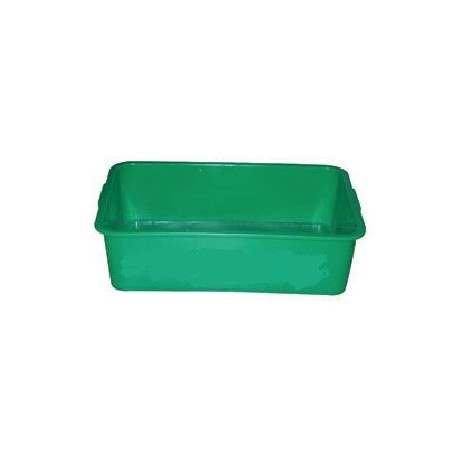German State Secretary of the Federal Ministry of Food and Agriculture, Beate Kasch, traveled to Brussels for talks with Deputy Director-General for Health and Food Safety, Claire Bury, and her Polish and Czech counterparts on the next steps in the fight against African swine fever (ASF) and in particular on fencing measures in the border area.
Beate Kasch presented the concept of the German protection corridor to the EU Commission, the aim of which is to interrupt the westward spread of the infection. The corridor will be delimited by two fixed fences and the wild boar population will be reduced to zero. To this end, gradual measures such as regular carcass searches, increased hunting, and carcass removal are planned. The EU Commission has welcomed the concept.

Infection pressure from Poland remains high. At the meeting, Beate Kasch once again made it clear how important it is for Germany and Poland to act jointly on the construction of wild boar fences in the border area. In addition to the German protection corridor, the addition of another corridor with a third fence on the Polish side is considered important and she urged her Polish counterpart to carry out this action.
State Secretary Beate Kasch explained: "An expansion of our protection corridor concept on the Polish side would be an effective means to stop the westward spread of ASF. Unfortunately, Poland is not yet ready for this, even though Germany has offered to provide personnel and organizational and financial support."
The Federal Ministry of Food and Agriculture has been working to co-finance the necessary fencing measures with the EU Commission: for Brandenburg and Saxony alone, the possible reimbursement exceeded €9 million. So far, however, only the costs for the direct control of animal diseases have been reimbursed. Beate Kasch has asked the EU Commission to provide financial support for the construction and preventive maintenance of fences.
September 23, 2021/ BMEL/ Germany.
https://www.bmel.de







